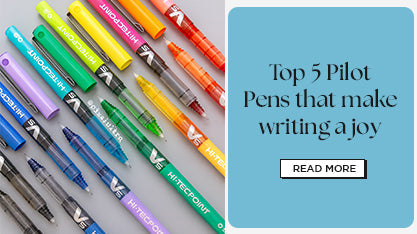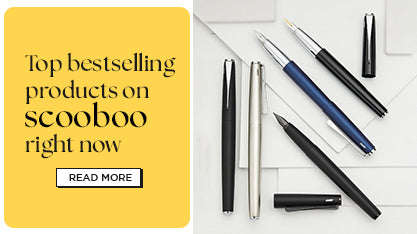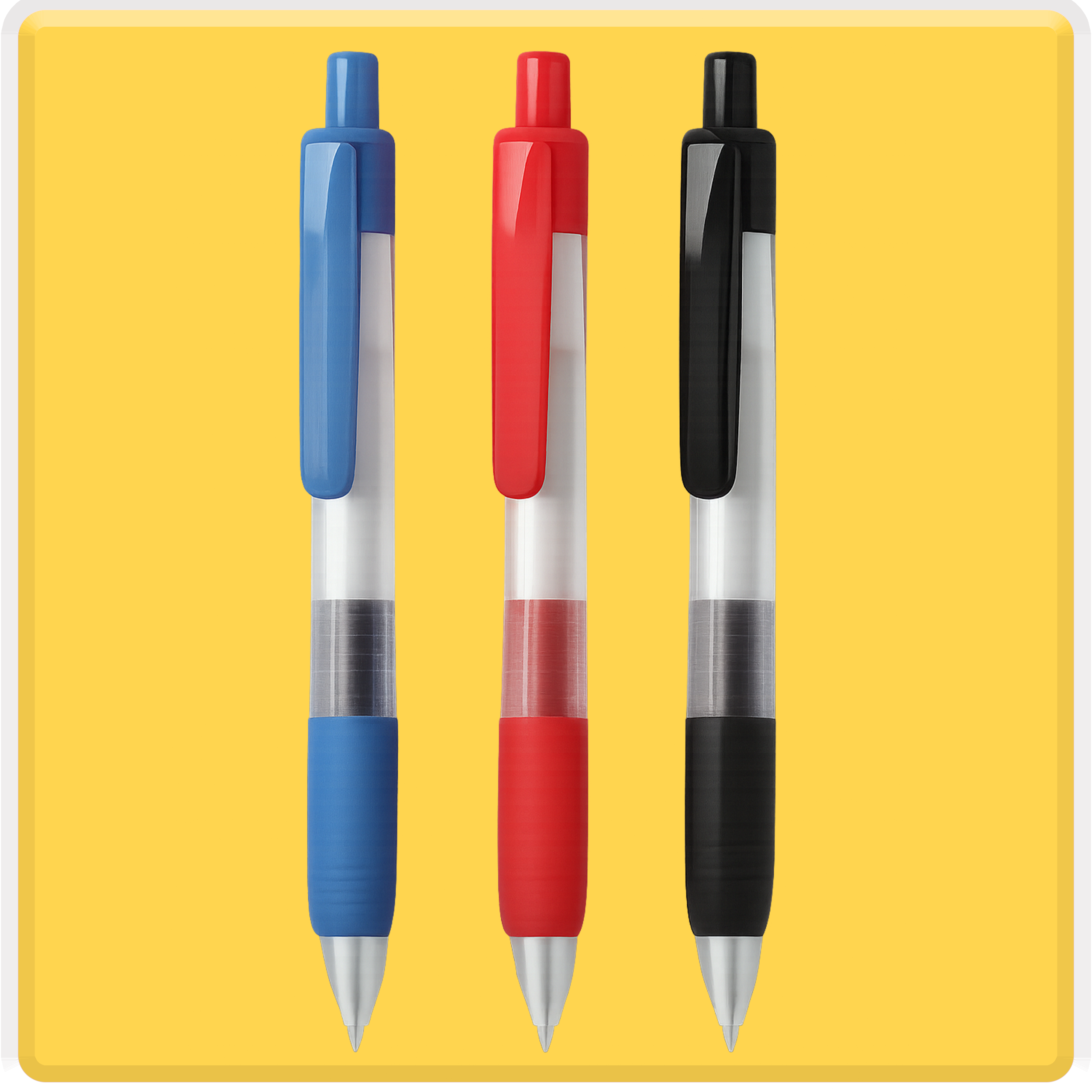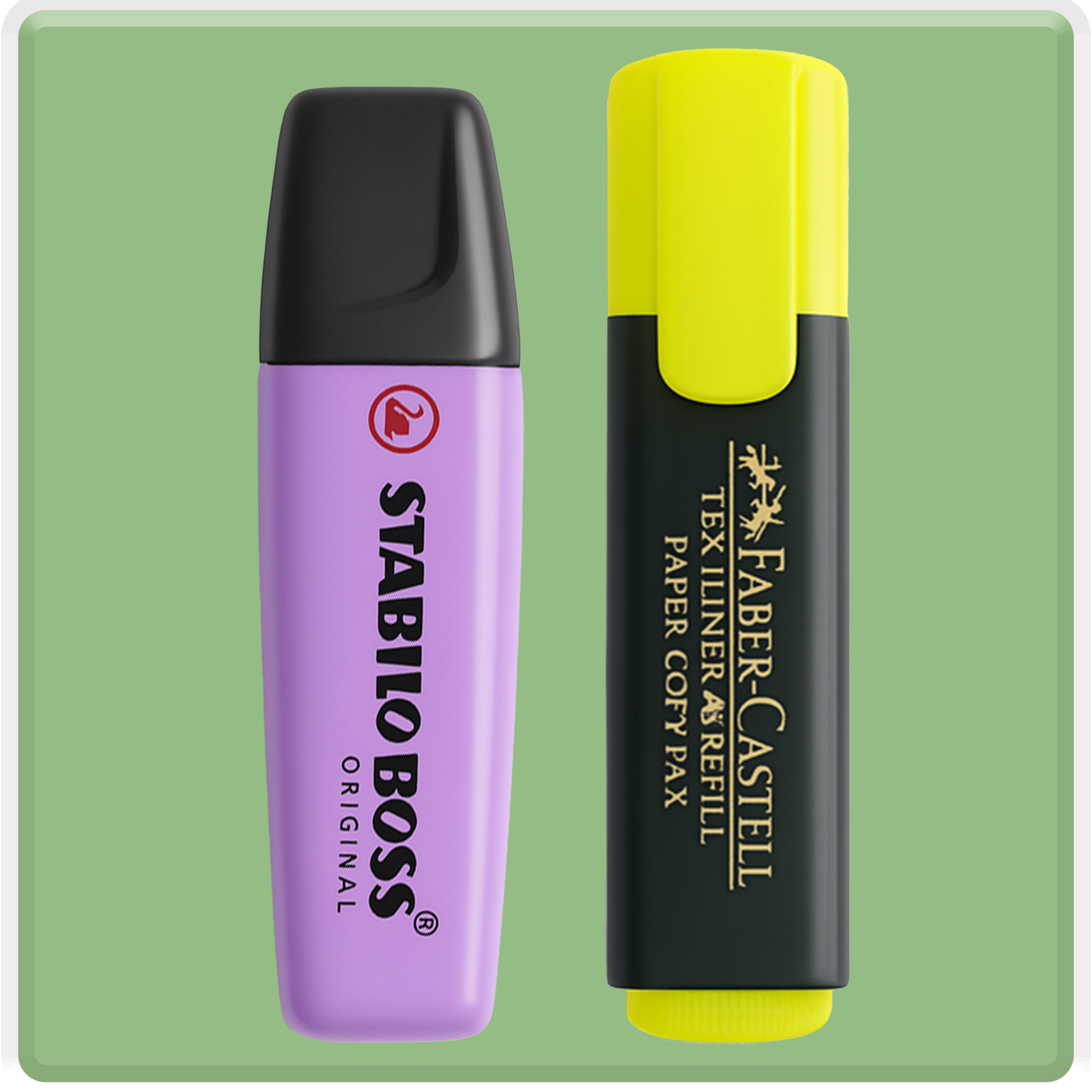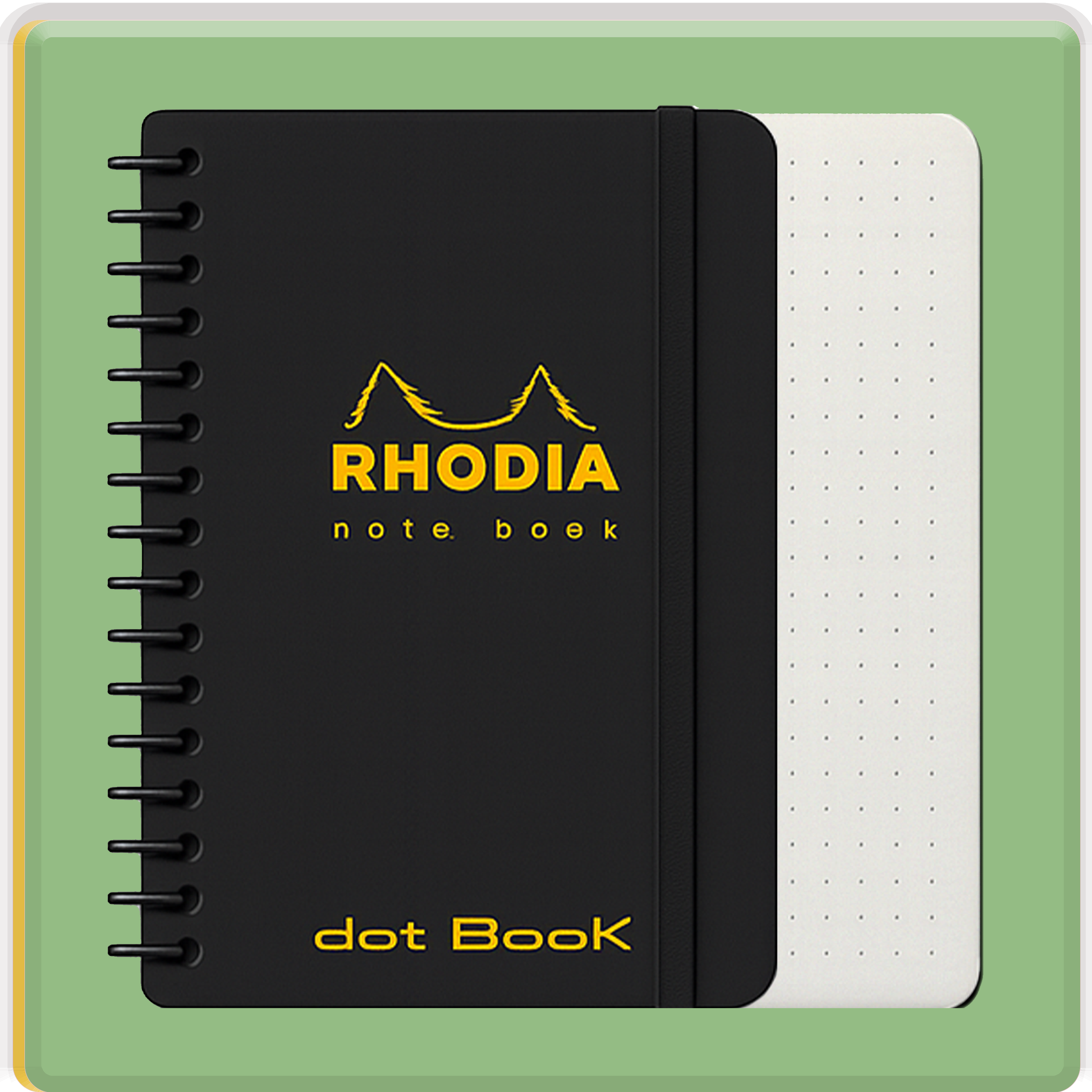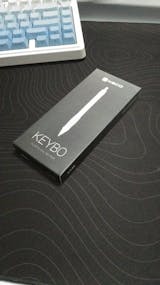
Fountain pens, with their enduring charm, continue to capture the hearts of writing enthusiasts, artists, and professionals. The act of putting pen to paper with a fountain pen is a unique experience characterized by the smooth flow of ink and the sheer elegance of the instrument. To truly appreciate this experience, it's essential to understand the different fountain pen filling systems available. In this blog, we will explore these systems in detail, helping you make an informed choice that best suits your writing needs.
The Resurgence of Fountain Pens
Fountain pens, with their origins dating back to the 17th century, have a rich and storied history. They've been favored by historical figures and scholars such as Thomas Jefferson and Leonardo da Vinci. Despite the digital age, fountain pens are experiencing a resurgence in popularity for various compelling reasons.
Elegance: Fountain pens exude an undeniable elegance and class. They are often seen as symbols of refined taste and sophistication.
Comfortable Writing: The smooth, uninterrupted flow of ink from a fountain pen reduces writing fatigue, making it the preferred choice for those who write extensively.
Personalization: Fountain pens offer the ability to customize your writing experience through various nib styles and a wide range of ink colors and brands.
Eco-Friendly: Using a fountain pen is an eco-conscious choice, producing less waste compared to disposable pens, contributing to a more sustainable lifestyle.
To unlock the full potential of your fountain pen, it's crucial to understand the various filling systems at your disposal.
-
Cartridge/Converter Filling System
The cartridge/converter filling system is one of the most popular and user-friendly systems. It combines the convenience of disposable ink cartridges with the flexibility of using bottled ink. Here's how it works:
Cartridge: Many fountain pens come with pre-filled ink cartridges that can be inserted into the pen. When the cartridge is empty, simply replace it with a new one.
Converter: To use bottled ink, swap out the cartridge for a converter. A converter is a small piston-like device that draws ink from a bottle into the pen's reservoir, offering a wider range of ink choices.
-
Piston Filling System
The piston filling system is a more advanced but efficient method of filling a fountain pen with ink. It's often favored by experienced fountain pen enthusiasts due to its ink capacity and ease of use.
A piston mechanism built into the pen is used to draw ink directly from a bottle into the pen's reservoir. To fill the pen, simply turn the piston knob at the end of the pen barrel, creating a vacuum that draws ink up into the pen. This system allows for longer writing sessions without the need for frequent refills.
-
Vacuum Filling System
Vacuum filling systems are known for their reliability and ink capacity. They operate on a vacuum principle and are especially popular in high-end fountain pens. Here's how they work:
To fill a vacuum filler pen, unscrew the blind cap at the end of the barrel, creating a vacuum within the ink chamber. Submerge the nib and feed into an ink bottle, and when you release the pressure by turning the blind cap back in, the vacuum pulls ink into the pen's reservoir.
-
Eyedropper Filling System
The eyedropper filling system is one of the simplest methods for filling a fountain pen but is not as commonly used. It involves filling the entire barrel of the pen with ink.
To use this system, unscrew the pen's barrel, usually transparent, and fill it with ink using an eyedropper or syringe. The large ink capacity of eyedropper pens makes them ideal for those who write extensively without the need for frequent refills.
-
Lever Filling System
Lever fillers are a vintage filling system often found in older fountain pens. Although not as common today, they hold a historical charm and are a testament to the longevity of fountain pens.
In a lever filling system, you operate a lever located on the pen's barrel. When the lever is depressed, it compresses a sac inside the pen. Releasing the lever creates a vacuum that draws ink into the sac. These pens are known for their durability and unique retro appeal.
Choosing the Right Fountain Pen Filling System
Selecting the right filling system for your fountain pen depends on your personal preferences and writing habits. Consider the following factors:
Ink Capacity: If you write extensively, piston fillers and eyedropper pens with larger ink capacities are excellent choices.
Convenience: Cartridge/converter systems are the most convenient for quick ink changes, especially when using different ink colors.
Customization: If you enjoy experimenting with various ink colors and brands, a cartridge/converter system provides the flexibility to do so.
Vintage Appeal: Collectors or enthusiasts looking for vintage or retro charm might opt for lever fillers or other classic systems.
In Conclusion
Fountain pens have a rich history and timeless allure. Understanding the various filling systems is essential to fully enjoy the experience of writing with a fountain pen. Whether you prefer the convenience of cartridge/converter systems, the elegance of piston fillers, the reliability of vacuum fillers, the simplicity of eyedropper pens, or the vintage charm of lever fillers, the world of fountain pens offers something for everyone.
Take your time to explore the different filling systems and find the one that best suits your writing style and preferences. With the right fountain pen and a selection of quality inks, you'll embark on a writing journey that is both functional and deeply satisfying.
Ready to embark on your fountain pen journey? Explore Scooboo's extensive collection of fountain pens, inks, and accessories to enhance your writing experience today.




